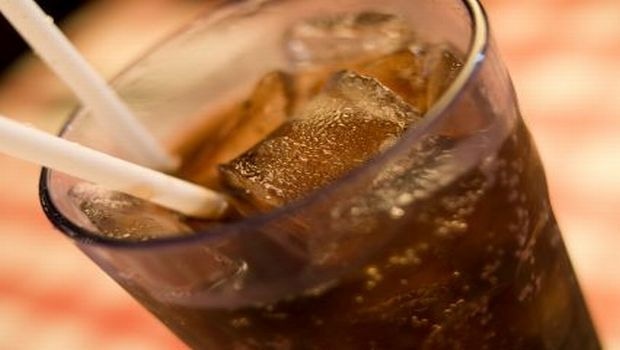@body:Nearly one-third of U.S. adults drink at least one sugar-sweetened beverage (SSB) a day, according to the latest U.S. Centers for Disease Control and Prevention’s (CDCs) Morbidity and Mortality Weekly Report. Data also found the frequency of daily SSB intake is high among adults, especially among certain subpopulations, as well as persons living in southern states.

Nearly one-third of U.S. adults drink at least one sugar-sweetened beverage (SSB) a day, according to the latest U.S. Centers for Disease Control and Prevention’s (CDCs) Morbidity and Mortality Weekly Report. Data also found the frequency of daily SSB intake is high among adults, especially among certain subpopulations, as well as persons living in southern states.
The findings are important because SSB can contribute to obesity, Type 2 diabetes and cardiovascular disease related to excess intake of added sugars and calories. SSB intake also has been positively associated with markers of inflammation and insulin resistance, which might increase risk for cardiovascular disease and diabetes independently of obesity.
Researchers examined data from the SSB intake module in the 2013 Behavioral Risk Factor Surveillance System (BRFSS), which provides the most recent state-specific data on consumption of SSBs among American adults in 23 states and the District of Columbia.
Data revealed overall age-adjusted prevalence of SSB intake at least once a day was 30.1 percent and ranged from 18 percent in Vermont to 47.5 percent in Mississippi. Adult SSB beverage intake was highest in Mississippi (47.5 percent), followed by Louisiana (45.5 percent) and West Virginia (45.2 percent). Once daily intake was most common among persons aged 18-24 years (43.3 percent), men (34.1 percent), non-Hispanic blacks (39.9 percent), persons who reported not being employed (34.4 percent), and persons with less than high-school education (42.4).
States with the highest prevalence of at least once daily consumption of SSBs among persons aged 18-24 years were Oklahoma (66.4 percent) and West Virginia (63.8 percent); the highest occurrence among men were in Louisiana (50.6 percent) and Mississippi (48.7 percent). A
Based on potential adverse health effects of SSB intake and the substantial contribution that SSBs make to excess dietary sugar, the researchers suggested continuation of public health efforts aimed at decreasing high SSB intake is important. Actions include education and awareness initiatives, increasing access to, and promotion of, healthier options through nutrition standards, including foodservice guidelines, and increasing the availability and promotion of drinking water in schools and public venues.
Beverage manufacturers are addressing the call fore better-for-you drinks. In fact, trends in the beverage category are being influenced by a desire for healthier products made with ingredients consumers can pronounce. Download INSIDER’s free “The Clean-Label Beverage Issue" to find out how product developers are formulating, and reformulating, beverages to meet the clean-label trend—with sweeteners, colors and flavors being their top-three considerations. are
About the Author(s)
You May Also Like






.png?width=800&auto=webp&quality=80&disable=upscale)